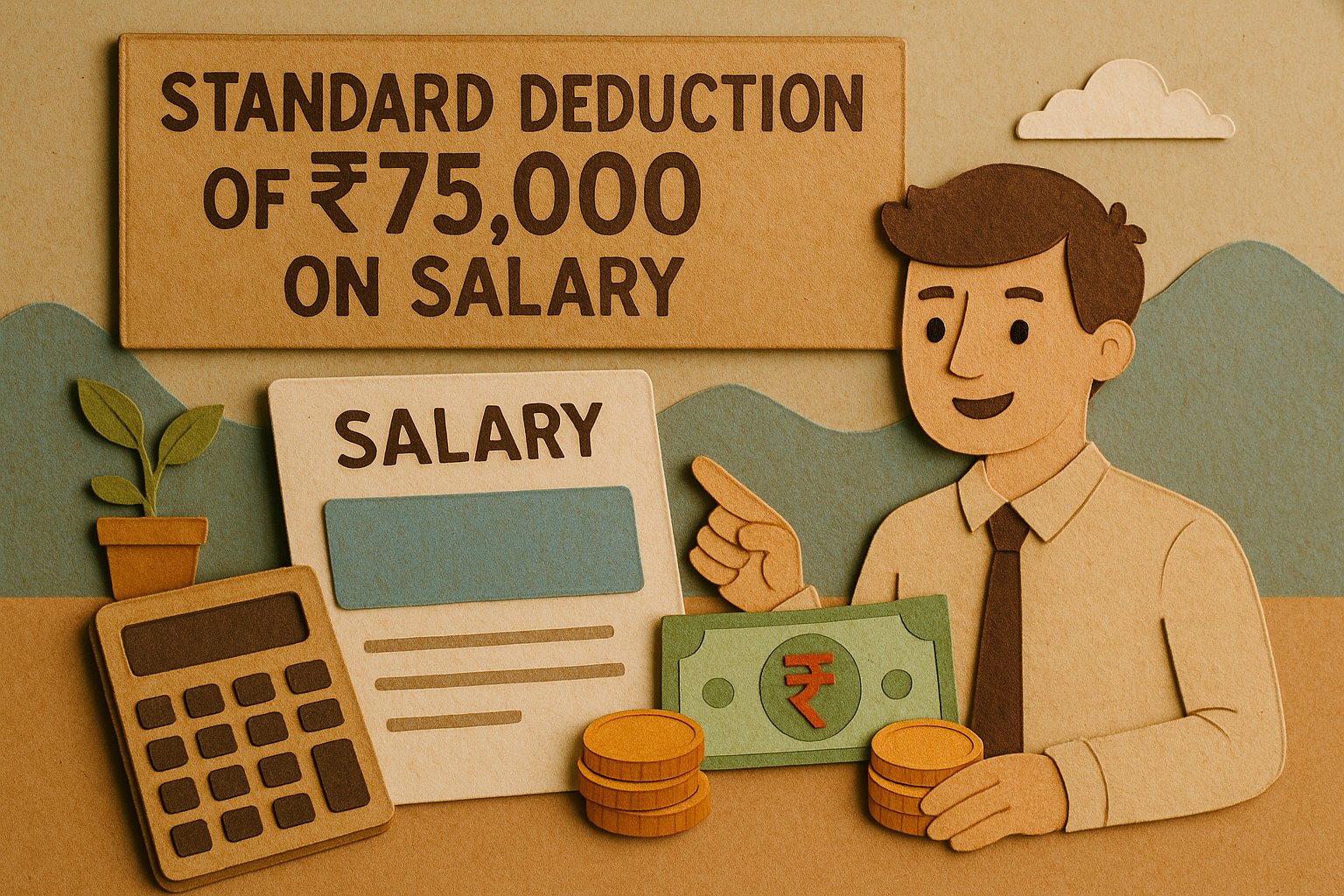Finance Minister Said in Budget Speech:
I also propose to introduce the new income-tax bill next week
I now come to my Direct tax proposals
In Part A, I have briefly underlined Taxation Reforms as one of key reforms to realize our vision of Viksit Bharat. In respect of criminal law, Our Government had earlier ushered in Bharatiya Nyaya Sanhita replacing Bharatiya Danda Sanhita. I am happy to inform this August House and the country that the new income-tax bill will carry forward the same spirit of “Nyaya”. The new bill will be clear and direct in text with close to half of the present law, in terms of both chapters and words. It will be simple to understand for taxpayers and tax administration, leading to tax certainty and reduced litigation.
In a significant announcement during the Union Budget 2025-26 presentation, Finance Minister Nirmala Sitharaman revealed that a new Income Tax Bill will be introduced in Parliament next week. This move aims to modernize and simplify the country’s tax structure, making it more transparent and taxpayer-friendly.
Why a New Income Tax Bill?
The existing Income Tax Act, 1961, has been in force for over six decades and has undergone numerous amendments. The government believes that a complete overhaul is necessary to align the tax system with the changing economic environment, evolving business landscape, and global best practices.
Key Expectations from the New Tax Bill
Though the specific provisions of the bill will be unveiled upon its introduction, experts anticipate the following major reforms:
| Proposed Change | Expected Impact |
|---|---|
| Simplification of Tax Laws | Reduced complexity in tax compliance and disputes. |
| Clarity on Digital & Crypto Transactions | Establishing clearer tax guidelines on digital assets. |
| Alignment with Global Best Practices | Making India’s tax system competitive globally. |
| Rationalization of Exemptions & Deductions | Possible changes in tax benefits under 80C, 80D, and HRA. |
| Ease of Compliance for Individuals & Businesses | Automation and AI-driven assessments to reduce litigation. |
How a New Bill Becomes Law?
When a new bill is introduced in Parliament, it must go through several stages before becoming law:
1. Drafting of the Bill
- The bill is prepared by the Ministry of Finance in consultation with legal experts and stakeholders.
- It is reviewed by the Law Ministry to ensure legal soundness.
2. Introduction in Parliament
- The bill is introduced as a Money Bill or Finance Bill in the Lok Sabha.
- The Finance Minister presents the key features and objectives of the bill.
3. Debate and Discussion
- Members of Parliament (MPs) discuss the provisions of the bill.
- Amendments or suggestions may be proposed for modifications.
4. Passing in Lok Sabha and Rajya Sabha
- The bill must be passed by a majority vote in the Lok Sabha.
- It is then sent to the Rajya Sabha for further debate and approval.
5. Presidential Approval
- Once both houses approve the bill, it is sent to the President of India for assent.
- The President can either approve or return the bill for reconsideration.
6. Notification and Implementation
- After the President’s approval, the bill becomes an Act of Parliament.
- The government notifies the implementation date, and necessary rules and guidelines are issued.
Visit www.cagurujiclasses.com for practical courses










